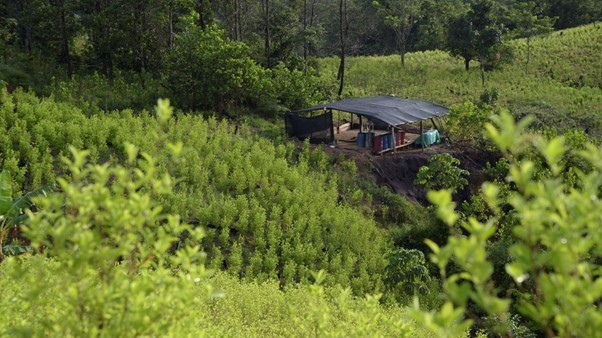 |
| Coca fields in the municipality of Tibu, Norte de Santander province, Colombia. (Source: AFP) |
Colombian President Gustavo Petro on October 3 announced a new national strategy to combat drug trafficking, focusing on reducing coca cultivation, cutting potential cocaine production and stopping deforestation linked to drug trafficking.
Speaking at an event in El Tambo, Cauca province, President Petro said the policy, which will be applied from 2023 to 2033, will help support areas, communities and ecosystems affected by the illegal drug problem, while helping people to abandon illegal economic activities and switch to legal economic activities.
Describing it as a "national effort", the Colombian leader said the strategy encourages voluntary eradication of coca crops, replacing them with coffee, cocoa or fruit.
The government will also strengthen environmental management, support affected localities, focus on improving public health and ensuring people's rights to address the root causes of the drug problem in the country.
"Together with you, we want to change this economy," the head of state stressed.
Colombia is one of the world's leading producers of cocaine and coca leaves. According to the United Nations Office on Drugs and Crime, coca crops covered about 2,300 square kilometers of Colombian territory in 2022 - up 13% from the previous year, while potential cocaine production increased 24% to 1,738 tons.
Along with the new drug policy, the government will continue to target the financial resources of criminal organizations involved in drug trafficking.
Last month, President Petro proposed a coalition of Latin American countries to transform the war on drugs by recognizing drug use as a public health problem rather than confronting what he called a “failed” militarized approach.
Source



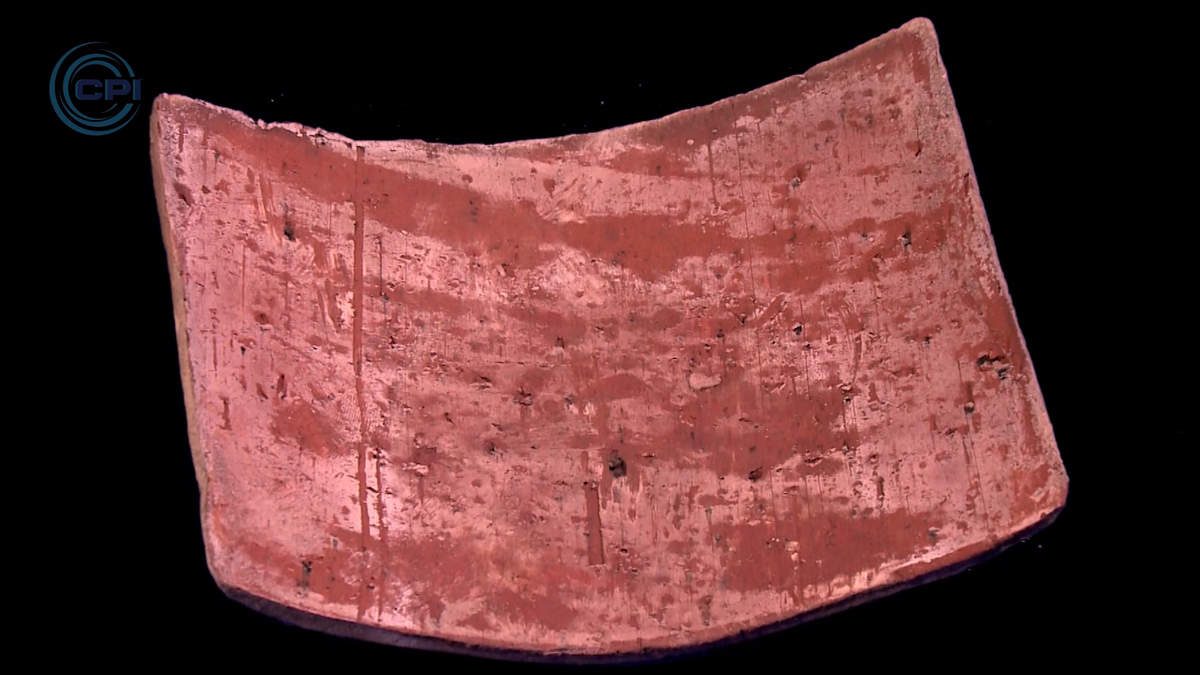
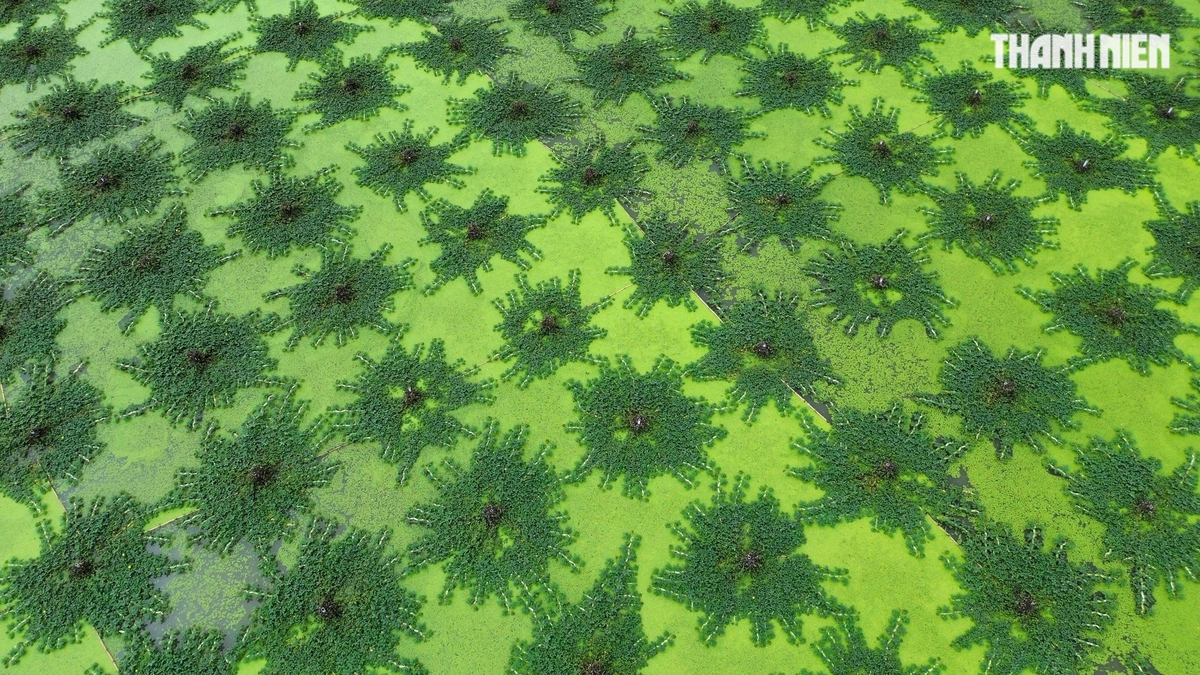
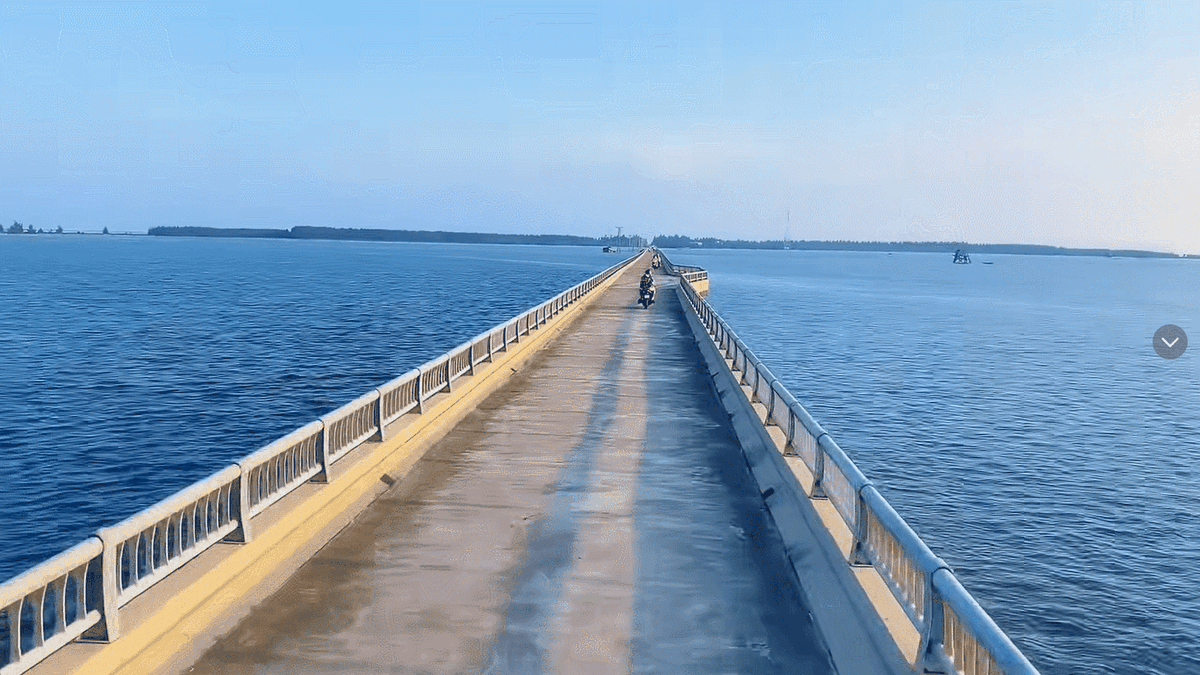





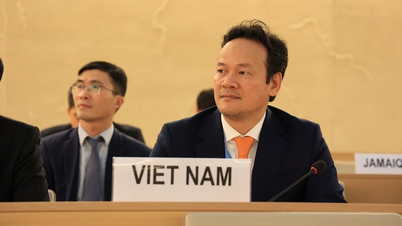




















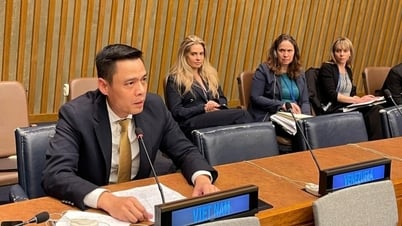

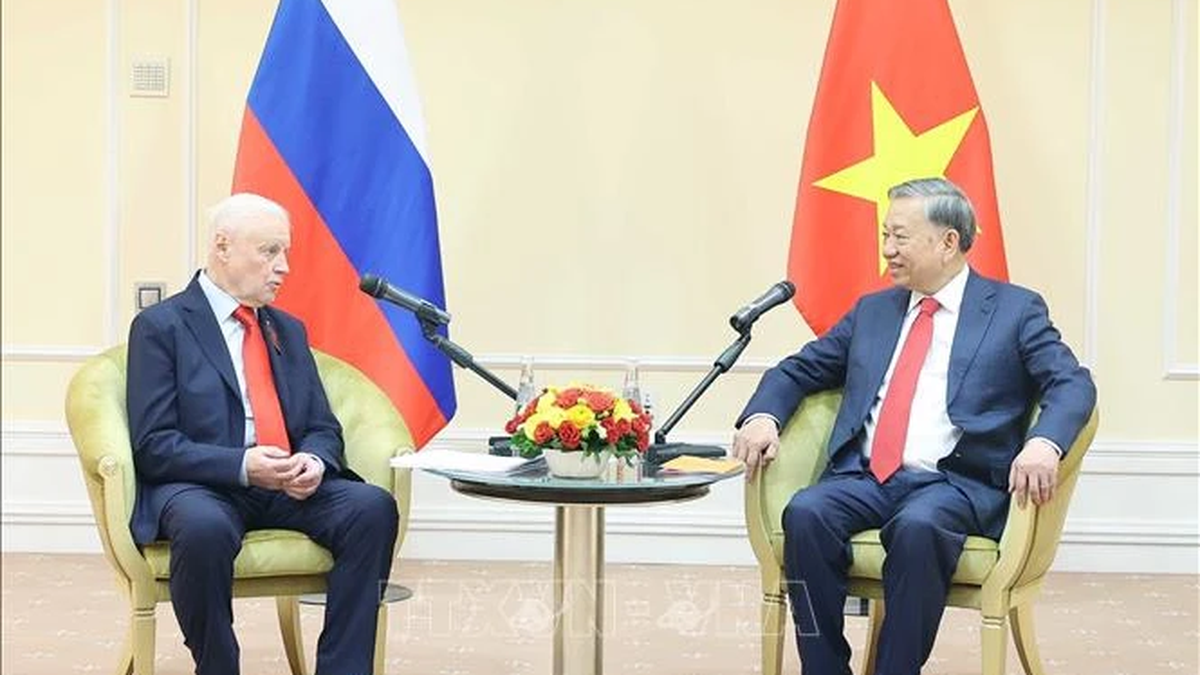
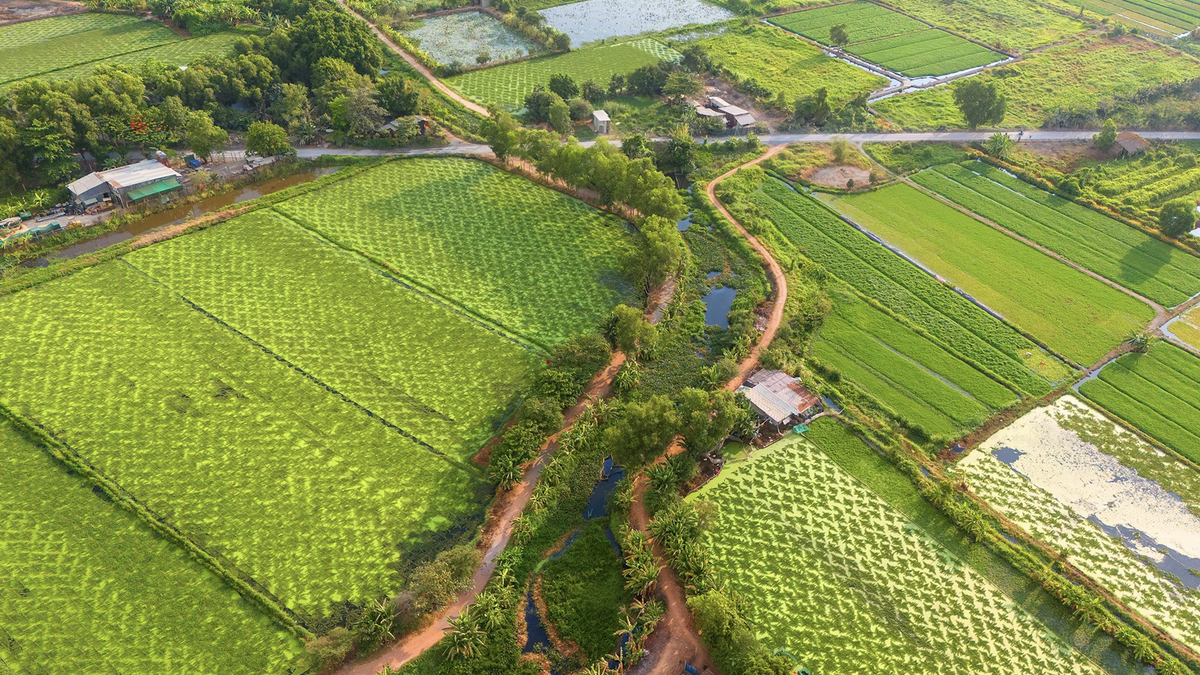































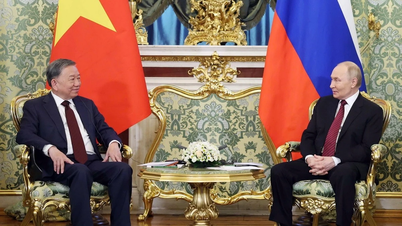

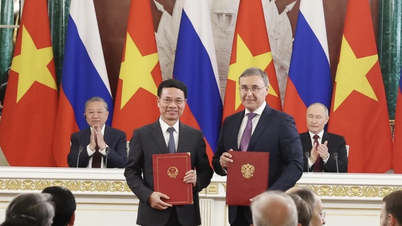

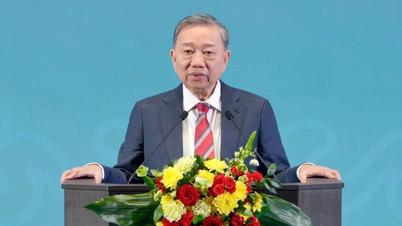




















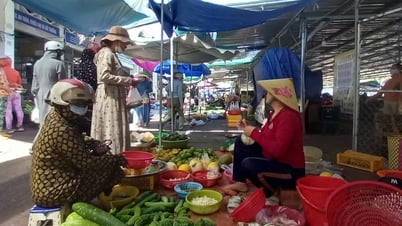










Comment (0)